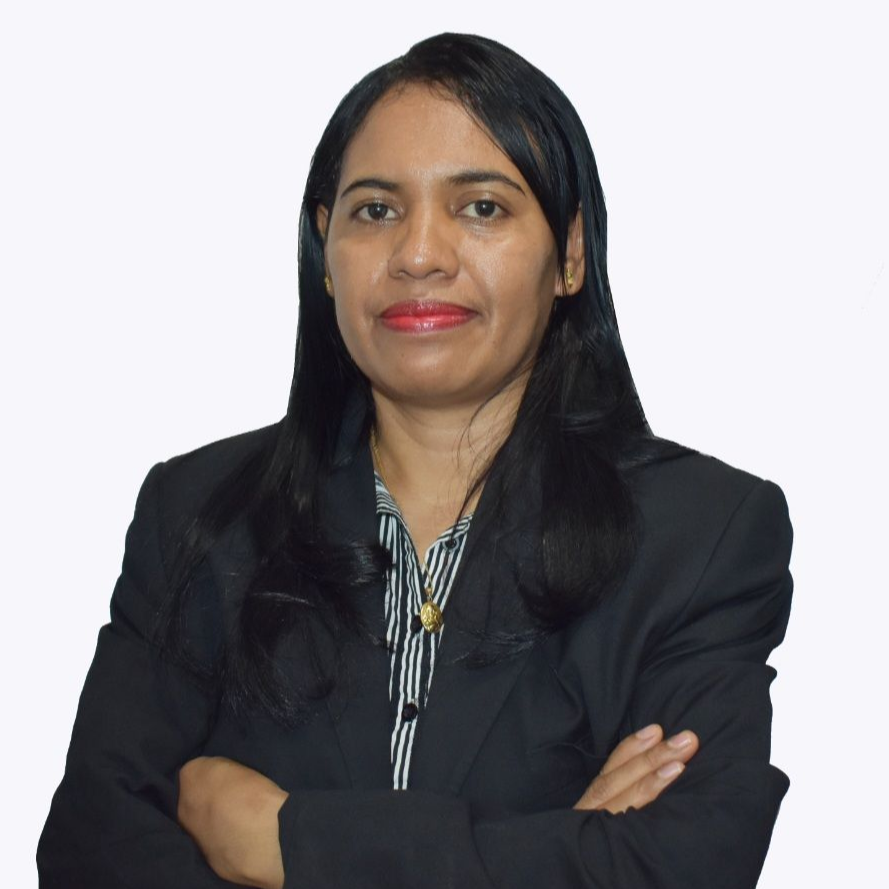It’s a privilege to be part of ASLIP 2024 and join the Cambridge Institute of Sustainable Leadership alumni. We have gained professional skills on businesses and climate change transition to net zero through an intensive learning of eight-weeks long experience. Which has allowed us to examine real life problems and participated nine study modules of residential workshop of intensive discussions with world class experts in understanding best practices introduced by international renown institutions. ASLIP 2024 has truly enriched and equipped us to leverage our work in advising Governments and institutions work towards climate change adaptation and resilient in the future net zero world.
In my current role as WIMA Asia communication officer and WIMA Timor-Leste fiscal President, I have used the knowledge and skills gained in moderating 2024 Korean Maritime Week event on WIMA Asia conference specialize panel speakers discussion around new technologies for a sustainable maritime future and how climate change requires developed countries to decarbonized and to work towards enhancing greater awareness on the role of women as potential resources for maritime industry in promoting safe, secure and efficient shipping. On the protection of environment, its important to harmonize standards, adopt decarbonization measures, introduce digitalization of ships in compliance with the IMO’s Conventions. We urged Asian countries to tap into its own availability of human resources potentials in driving change to overcome challenges Asia face for maritime sector. Also to promote women in maritime career to guarantee an inclusive participation of both gender in tackling climate change impact with sustainable solutions.
I highly encouraged ASEAN countries officials whom dealt with infrastructure and energy transition planners to undertake this programs as it complements our work with new ideas and solutions not only from the Cambridge University professors but also from the experts in their field in addressing our current challenges as we define new strategy to achieve the net zero emission targets nationwide. Women participants are also highly encouraged as it will further strengthen our participation in achieving Gender equality that has become a continues cross cutting issues across all sectors of development. Sustainable professionals are also encouraged to participate as it will enlarge your networks in enhancing your career opportunities on ESG and energy transition in the country.



